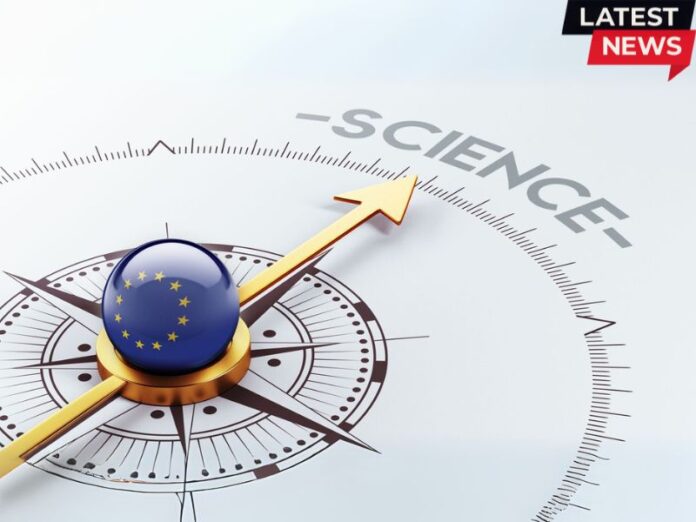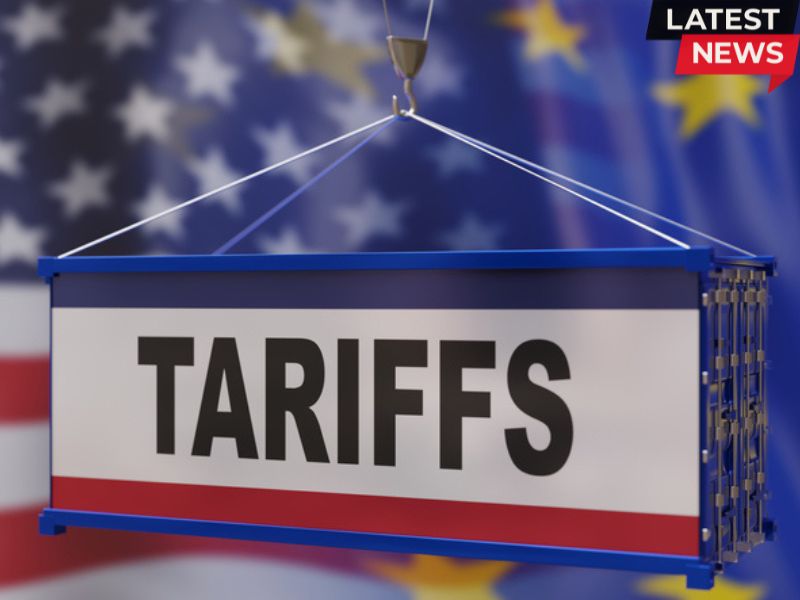
The European Union announced on Monday a €500 million initiative aimed at bolstering its position as a global hub for scientific research, in what appeared to be a direct contrast to recent policy shifts in the United States under President Donald Trump.
Speaking at the “Choose Europe for Science” event held at Sorbonne University, European Commission President Ursula von der Leyen and French President Emmanuel Macron outlined the bloc’s three-year plan to support open, fundamental research and strengthen its commitment to academic freedom.
“Europe must be a magnet for researchers,” von der Leyen said. “We want to enshrine freedom of scientific research into law. We must do everything we can to uphold it — now more than ever.”
Without naming the U.S., von der Leyen criticized growing skepticism toward science globally, warning against the erosion of support for independent research. “The investment in fundamental, free and open research is questioned. What a gigantic miscalculation,” she said.
Macron, however, was more explicit. He pointed to recent decisions by “one of the largest democracies in the world,” condemning them as a “mistake” that threatens the foundations of innovation and global collaboration.
His remarks come in the wake of significant changes to American science policy. The U.S. National Science Foundation (NSF) recently announced it would cancel hundreds of research grants, including those connected to diversity, equity and inclusion, vaccine information, and misinformation studies. The agency cited an executive order from Trump aimed at “restoring freedom of speech” as the basis for the cuts.
The Trump administration’s latest budget proposal includes further reductions to NSF funding, slashes to climate research, and plans to dismantle a nursing research institute.
“No one could have imagined a few years ago that one of the largest democracies in the world would cancel research programs simply because the word ‘diversity’ was in the program,” Macron said. “No one could have thought that this great democracy… would make such a mistake. But here we are.”
In response, the EU is looking to position itself as a reliable and welcoming environment for researchers. Von der Leyen emphasized that member states must meet the target of investing 3% of GDP in research and development by 2030, describing science as Europe’s “calling card.”
The €500 million funding package is part of a broader push to counteract rising restrictions on academic freedom elsewhere, as well as to retain and attract top talent across disciplines.
With global competition for innovation intensifying, the EU’s leaders are betting that a strong defense of free inquiry could become their edge. “Open and free science is non-negotiable,” von der Leyen said.
Related Readings:
![]()


#Launches #500M #Science #Plan #U.S #Research #Cuts